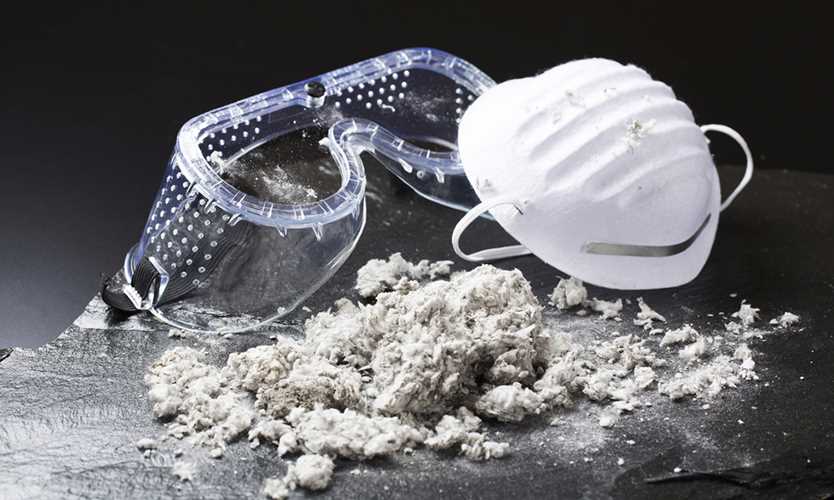Court upholds $33M jury award in asbestos death case
Reprints
A district court upheld a nearly $33 million jury award granted to the widow of a man who died from mesothelioma caused by asbestos exposure.
In Finch v. Covil Corp., the U.S. District Court for the Middle District of North Carolina denied the defendant’s motion for a new trial on damages on Wednesday, holding that there was no reason to set aside the verdict on liability.
After Franklin Finch, a longtime employee of a tire factory in Wilson, North Carolina, died from mesothelioma, his widow, Amy Finch, sued Covil Corp., a pipe insulation company that went out of business in 1991 and had sold virtually all of the insulation, including the pipe insulation, used during the construction of the tire plant.
Mr. Fitch, who worked at the plant from 1975 until 1995 as a mold changer where insulated steam pipe led to and from the presses. More than 7,000 feet of asbestos-containing pipe insulation remained in the plant 15 years after its construction. His widow filed a lawsuit against Covil alleging state law negligence and failure to warn. The case was tried in October 2018, and a jury awarded Ms. Fitch $32.7 million in damages. Covil argued that she failed to present sufficient evidence to support the verdict on liability and argued that the jury’s verdict was excessive.
The district court, however, denied Covil’s motion, holding that Ms. Fitch offered extensive direct and circumstantial evidence that Covil sold asbestos-containing products to the tire factory at a time when it knew or should have known the products were dangerous to human health, and that the exposure was the proximate cause of Mr. Fitch’s death.
The court held Ms. Fitch presented evidence that Mr. Fitch worked in close proximity to the pipes, routinely bumped into them, which caused a release of dust, and that air concentrations of asbestos in the factory were high. She also presented evidence that Mr. Fitch went through months of hospitalizations, surgeries, complications and a colostomy before he died and found that Covil had a full and fair opportunity to challenge Ms. Fitch’s arguments on the merits.
The court also found that she presented sufficient evidence that the company had information by the mid-1960s that asbestos was hazardous and caused mesothelioma, but started selling asbestos-containing pipe insulation to the tire factory in 1973 without providing warnings.
“The fact that Covil lost and the jury returned a large verdict is explained by the evidence, not by passion or prejudice,” the court said, and denied Covil’s motions.
Attorneys in the case did not immediately respond to requests for comment.
Read Next
-

Manufacturer has duty to issue warning in marine asbestos case
A manufacturer has a duty to issue a warning when its product requires incorporation of a part that is likely to be dangerous, said the U.S. Supreme Court Tuesday in a divided opinion in an asbestos case.